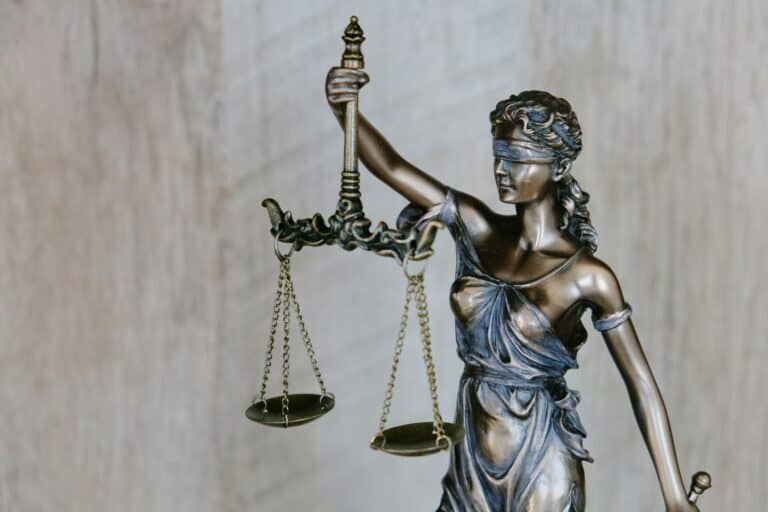French automotive specialist Valeo is dragging Nvidia to US court. It’s suing the GPU maker over the alleged theft of source code. The move comes after an Nvidia employee, a former Valeo employee, shared a screen capture of the code in a video call in 2021.
During a video call between Nvidia and Valeo, an Nvidia employee inadvertently displayed source code from the automotive specialist on a screen. The two parties are working together on software solutions for parking and driving assistance. The employee in question was a former employee of the Paris-based company, Bloomberg writes.
Participants in the video call from Valeo recognized the code. They quickly took a screenshot before the employee realized his mistake. This gave Valeo proof that its code was in the hands of Nvidia.
Files and 6 GB of code
Before the German ex-Valeo employee left, he allegedly sent thousands of files and 6 GB of source code to a private email account and supposedly deleted his personal account from the Valeo network to cover his tracks.
This would have made him very attractive to Nvidia. The employee was found guilty by a German judge in the case last September and must pay a fine of 14,400 euros.
Nvidia tried to appease case
In an attempt to avoid the lawsuit, Nvidia stated in a letter to Valeo that it was not interested in the automotive specialist’s code. The company also allegedly made sure to respect Valeo’s intellectual property rights.
In addition, the employee in question is said to have claimed that the code was only on his laptop and that he used the data only once. More specifically, the code would have been used to build an interface with Valeo’s technology, not to pass intellectual property within Nvidia.
Furthermore, Nvidia indicates that it was acting in good faith by cooperating with German prosecutors in the investigation of the employee. In addition, its own investigation reportedly revealed that the employee did not cause any harm.
These announcements did not stop Valeo from filing suit in a U.S. court on Nov. 7 of this year anyway.
Also read: ‘Batterygate’: did Apple conceal faulty batteries with software updates?
